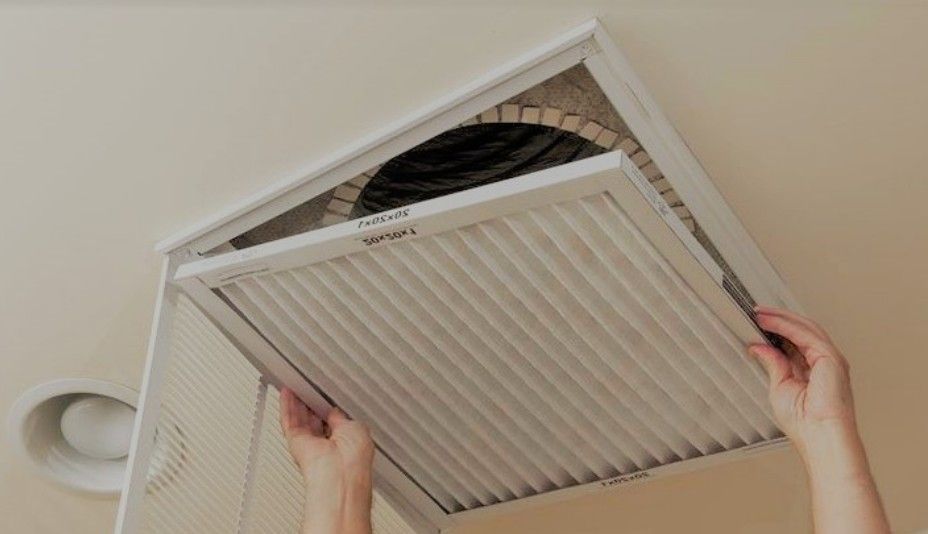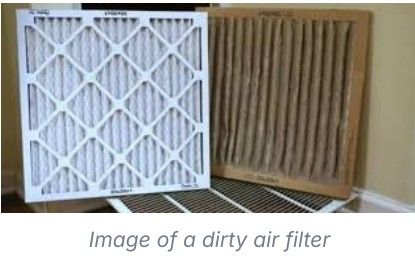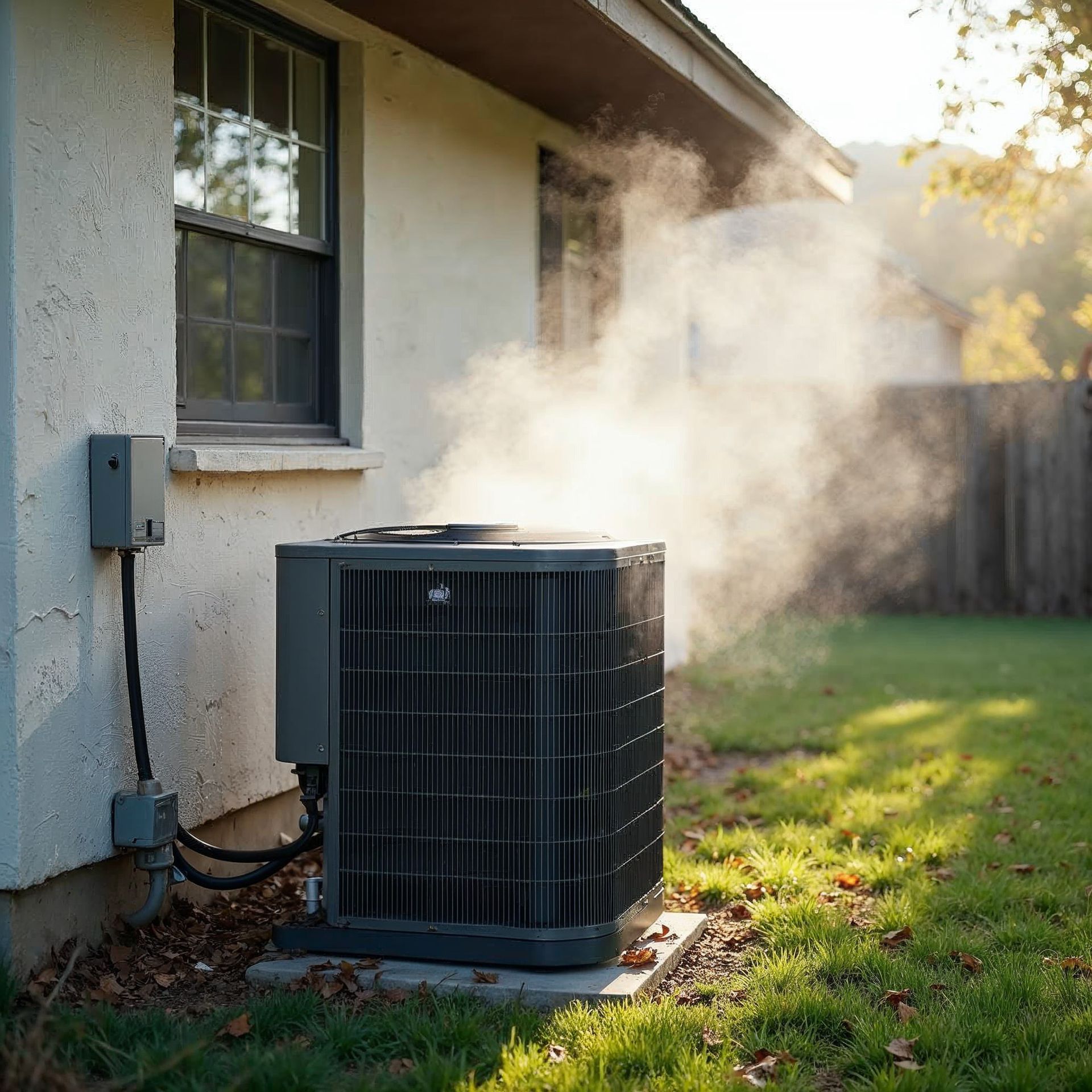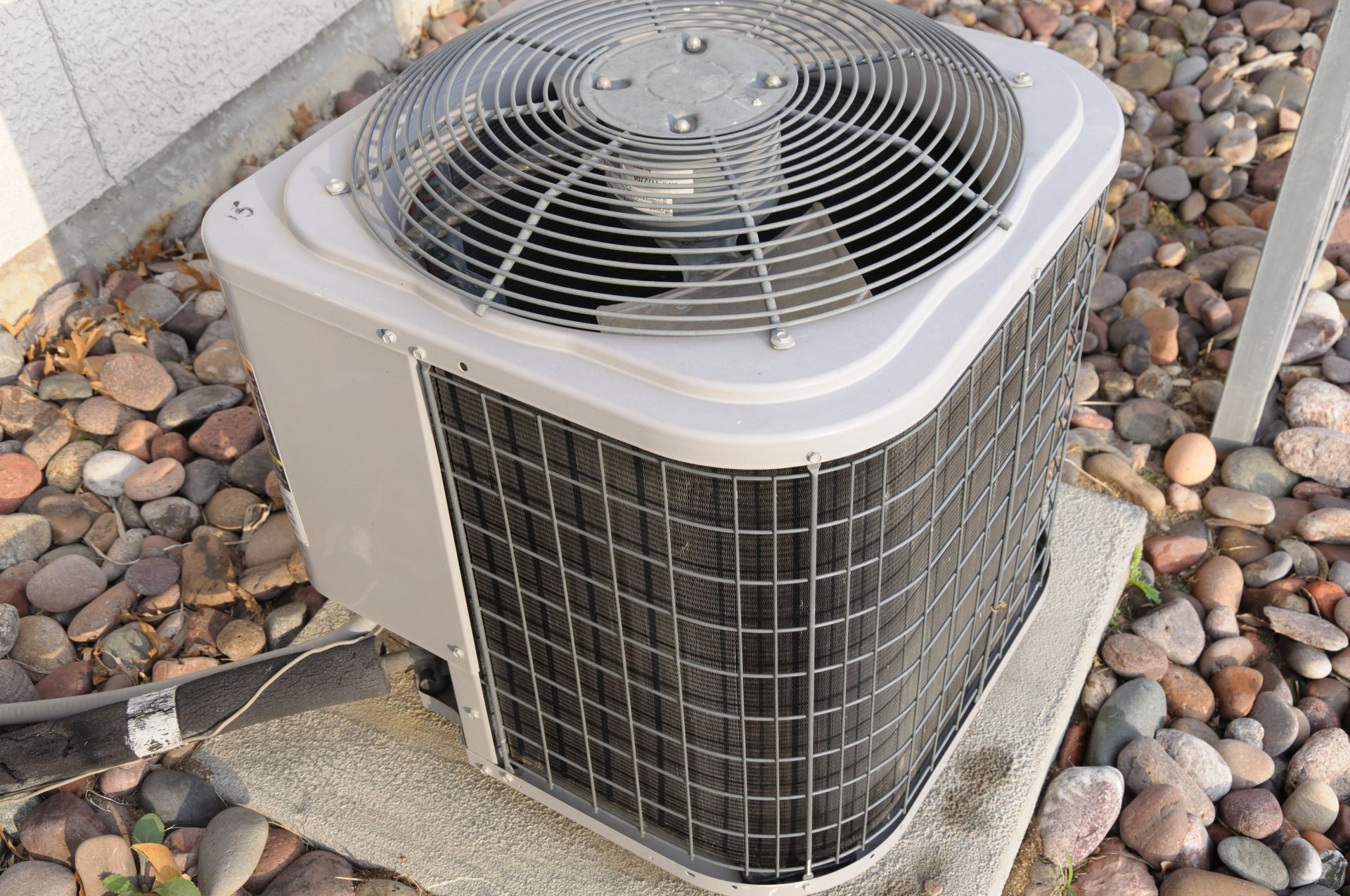How Often Should You Change Your HVAC Filters? Essential Tips for Homeowners
How Often Should You Change Your HVAC
Filters? Essential Tips for Homeowners
Proper HVAC filter maintenance is a cornerstone of maintaining both indoor air quality and
home energy efficiency As a trusted expert we understand that changing HVAC filters
regularly is not just a routine task but a vital step towards ensuring a healthy living
environment Dirty filters can significantly impact your heating and cooling system's
performance leading to increased energy consumption and potential system issues By
adopting a consistent filter replacement schedule you can enjoy cleaner air and avoid
unnecessary strain on your HVAC system We'll guide you through the different types of
HVAC filters and provide air conditioning tips tailored to factors like household size and
location so you can maintain a comfortable and efficient home.
Understanding HVAC Filter Maintenance
HVAC filter maintenance is crucial for the health of your home and the efficiency of your
heating and cooling system Let's explore why clean filters matter how they impact air
quality and the energy saving benefits they provide.
Importance of Clean Filters
Clean HVAC filters are the unsung heroes of your home's air quality and energy efficiency
They play a vital role in trapping dust pollen and other airborne particles preventing them
from circulating through your living spaces
Regular filter changes ensure optimal airflow which is essential for your HVAC system's
performance When filters become clogged your system has to work harder leading to
increased energy consumption and potential wear and tear
Moreover clean filters help maintain the longevity of your HVAC equipment By preventing
debris from entering the system they protect sensitive components from damage potentially
saving you costly repairs down the line
Impact on Indoor Air Quality
Indoor air quality is a critical factor in maintaining a healthy home environment HVAC filters
play a significant role in this by acting as the first line of defense against airborne
contaminants
Clean filters effectively remove
• Dust and dirt particles
• Pollen and other allergens
• Pet dander
• Mold spores
By capturing these particles filters help reduce allergic reactions respiratory issues and
other health concerns associated with poor air quality This is especially important for
households with allergy sufferers children or elderly members
Regular filter changes ensure that your HVAC system continues to purify the air effectively
maintaining a healthier living space for you and your family
Home Energy Efficiency Benefits
Clean HVAC filters contribute significantly to your home's energy efficiency When filters are
clogged your system has to work harder to push air through consuming more energy in the
process
Key energy efficiency benefits include
• Reduced energy consumption
• Lower utility bills
• Improved system performance
• Extended HVAC equipment lifespan
By maintaining clean filters you can potentially save up to % on energy costs This not only
benefits your wallet but also reduces your home's carbon footprint contributing to a more
sustainable environment
Filter Replacement Schedule
Establishing a consistent filter replacement schedule is key to maintaining your HVAC
system's efficiency and your home's air quality Let's examine the factors that influence how
often you should change your filters and some helpful tips to remember when it's time for a
replacement
Factors Affecting Change Frequency
The frequency of filter changes can vary depending on several factors unique to your home
and lifestyle Understanding these can help you tailor your maintenance schedule for optimal
performance
Key factors include
• Home size and occupancy
• Presence of pets
• Local air quality
• Allergies or respiratory conditions
• Type of filter used
For instance homes with pets or in areas with high pollution may require more frequent
changes Similarly if you or family members have allergies you might benefit from changing
filters more often to maintain better air quality
According to experts the general rule of thumb is to change filters every months but
your specific circumstances might necessitate a different schedule
Tips to Remember Replacements
Remembering to change your HVAC filter regularly can be challenging amidst busy
schedules Here are some practical tips to help you stay on top of this important maintenance
task
- Set calendar reminders on your phone or computer
- Mark the installation date on the filter itself
- Subscribe to a filter delivery service for automatic shipments
- Tie filter changes to other regular home maintenance tasks
Consider creating a simple log to track your filter changes This can help you identify patterns
in your home's air quality and system performance over time
Remember consistent filter changes are an investment in your home's air quality and your
HVAC system's longevity Make it a priority and you'll breathe easier knowing your home is
running efficiently
Types of HVAC Filters
Understanding the different types of HVAC filters available can help you make an informed
decision for your home Let's explore how to choose the right filter and how it can enhance
your system's performance
Choosing the Right Filter
Selecting the appropriate HVAC filter involves considering factors such as filtration efficiency
airflow resistance and your specific needs Here's a breakdown of common filter types
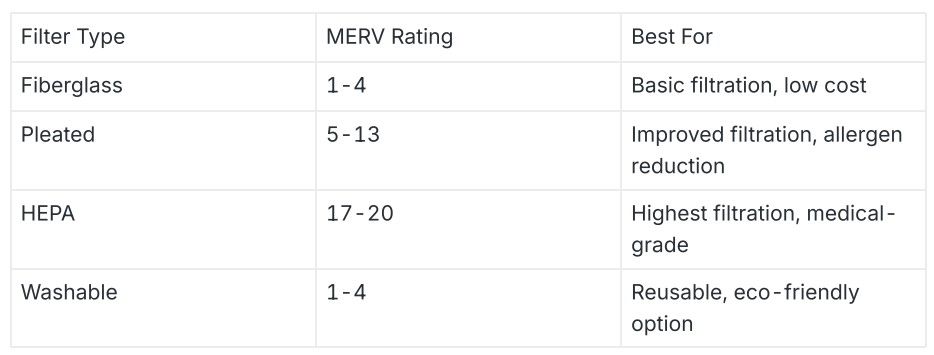
MERV Minimum Efficiency Reporting Value rates a filter's ability to capture particles
Higher MERV ratings indicate better filtration but may restrict airflow more
Consider your household's needs when choosing For example if you have pets or allergies a
higher MERV rating might be beneficial However always check your HVAC system's
specifications to ensure compatibility
Enhancing System Performance
The right filter can significantly enhance your HVAC system's performance leading to
improved air quality and energy efficiency Here's how
- Improved Air Quality Higherquality filters capture more particles resulting in cleaner
air circulating through your home - Energy Efficiency While it might seem counterintuitive the right filter can actually
improve airflow reducing strain on your system and lowering energy consumption - System Longevity By preventing debris from entering your HVAC system good filters
protect internal components potentially extending the life of your equipment
Remember the most expensive filter isn't always the best choice The key is finding the right
balance between filtration efficiency and airflow for your specific system and needs
A clean air filter ready for installation ensuring optimal HVAC performance
A dirty air filter that needs replacement highlighting the importance of regular maintenance
